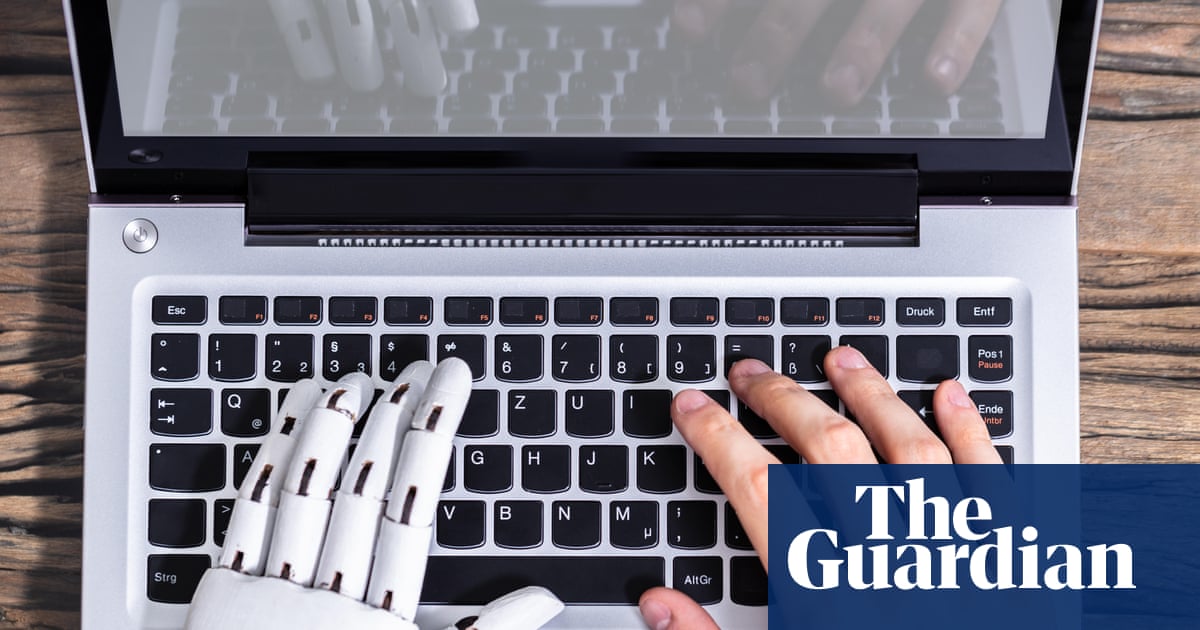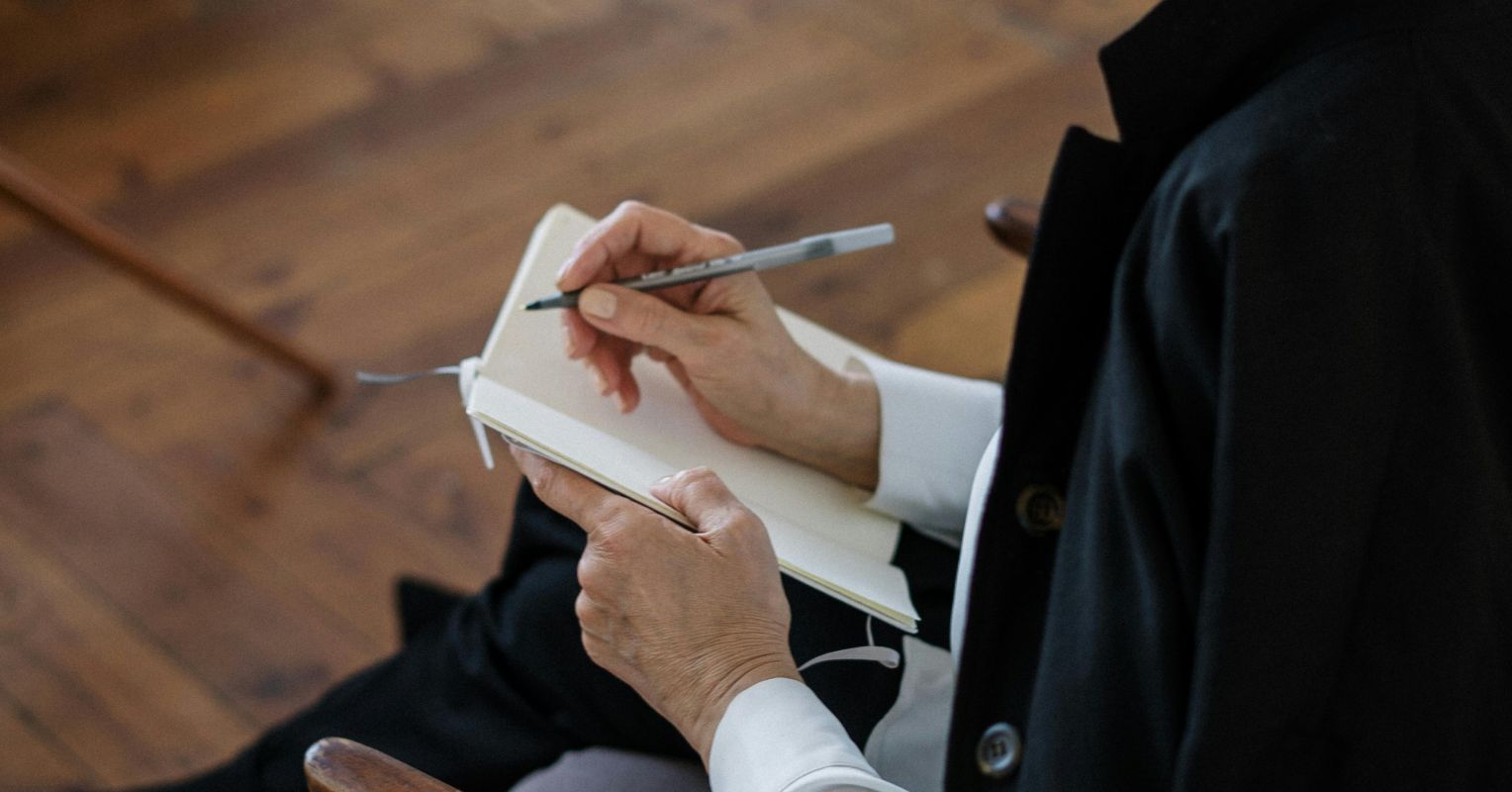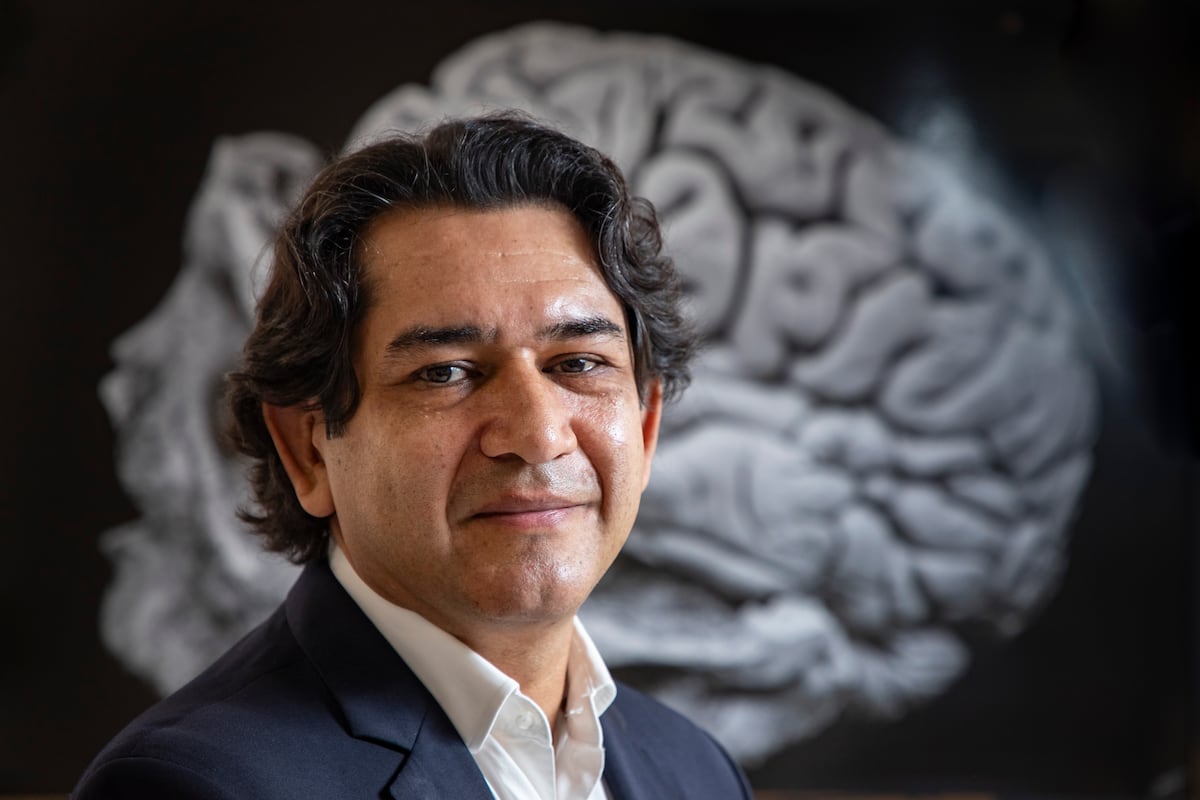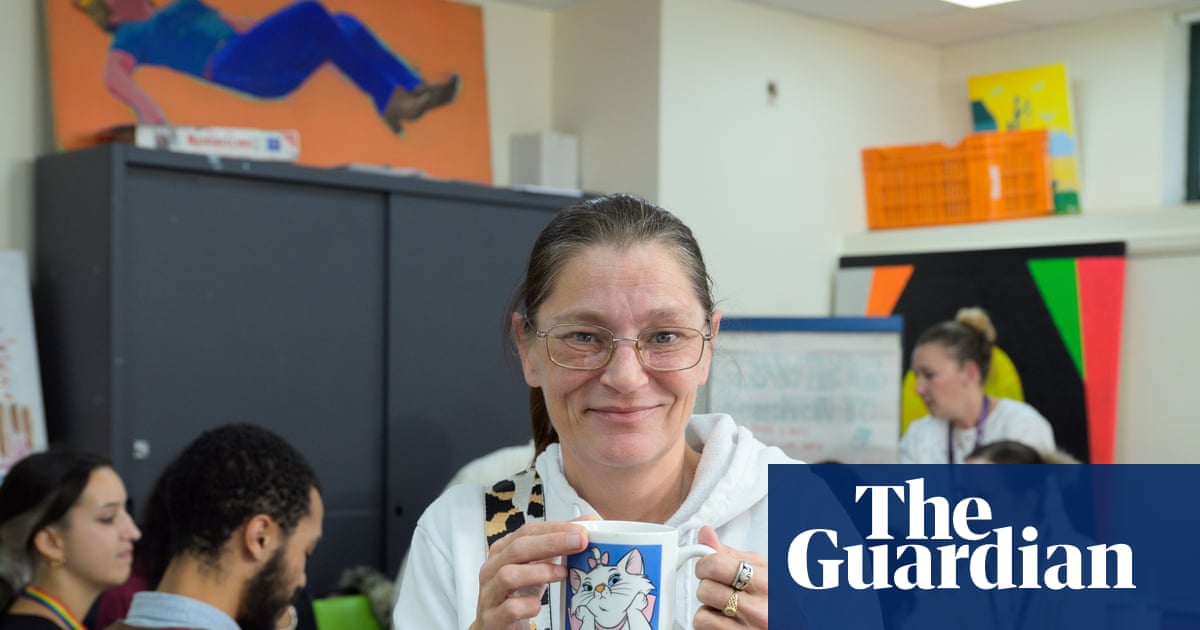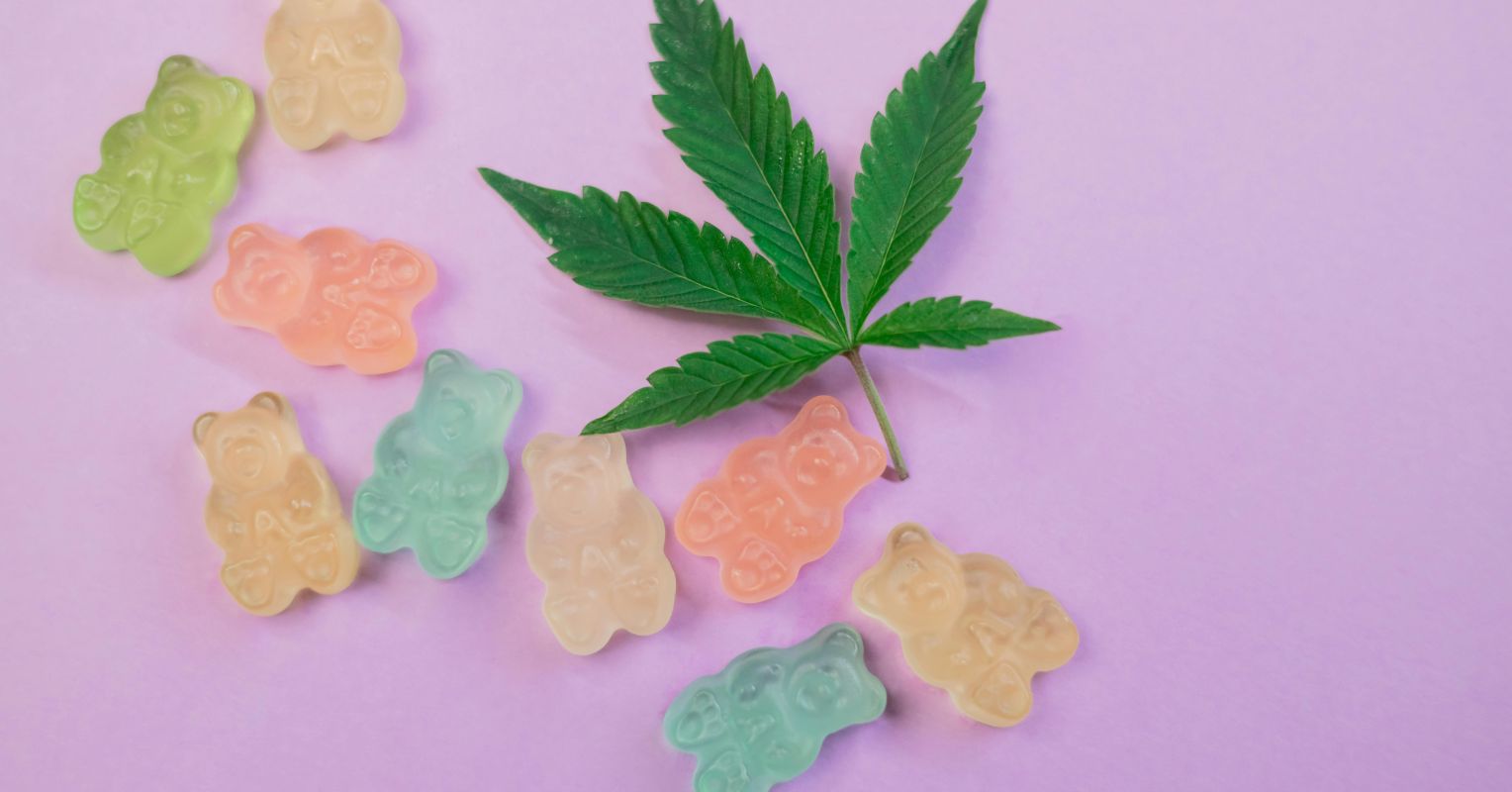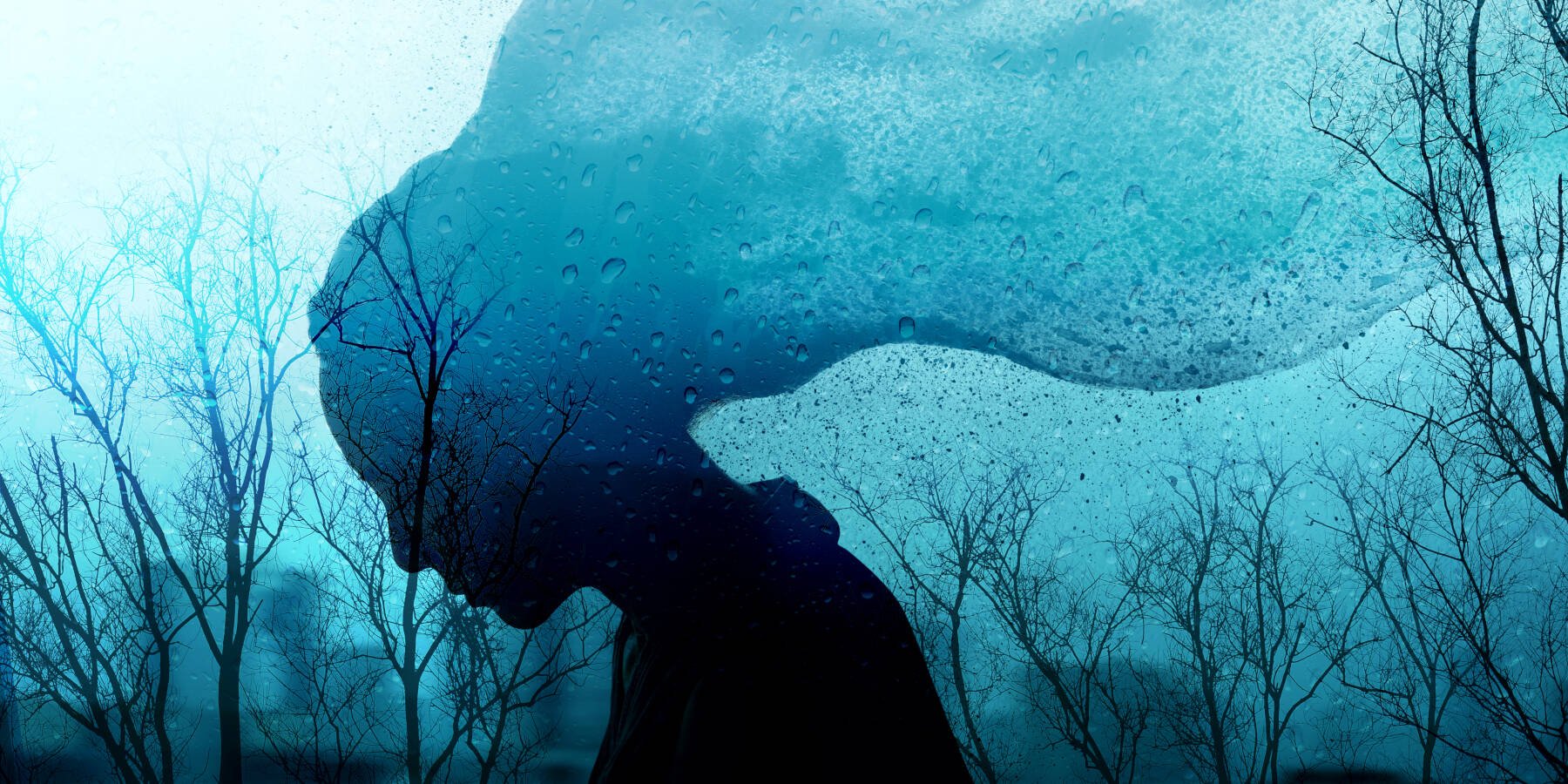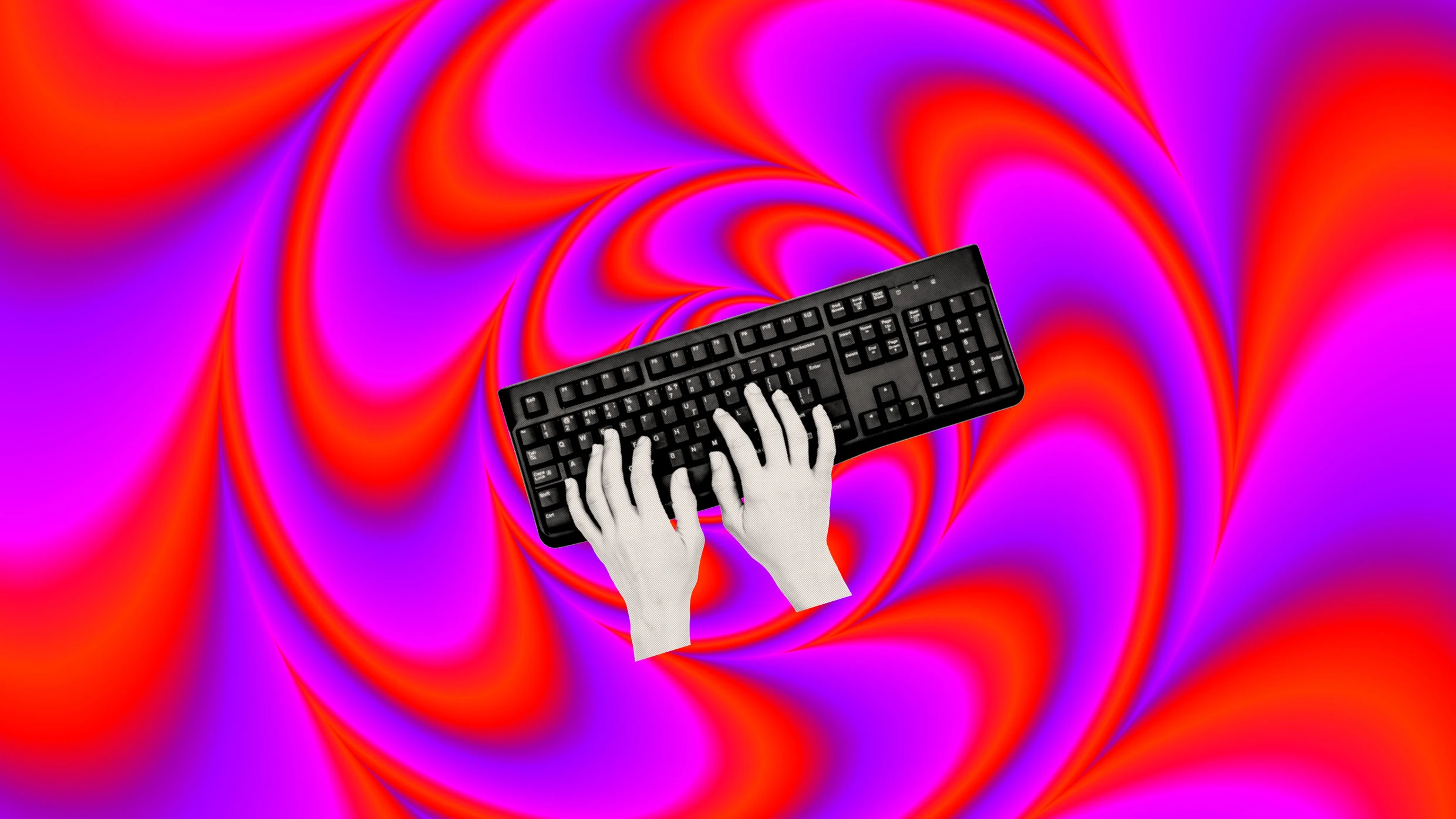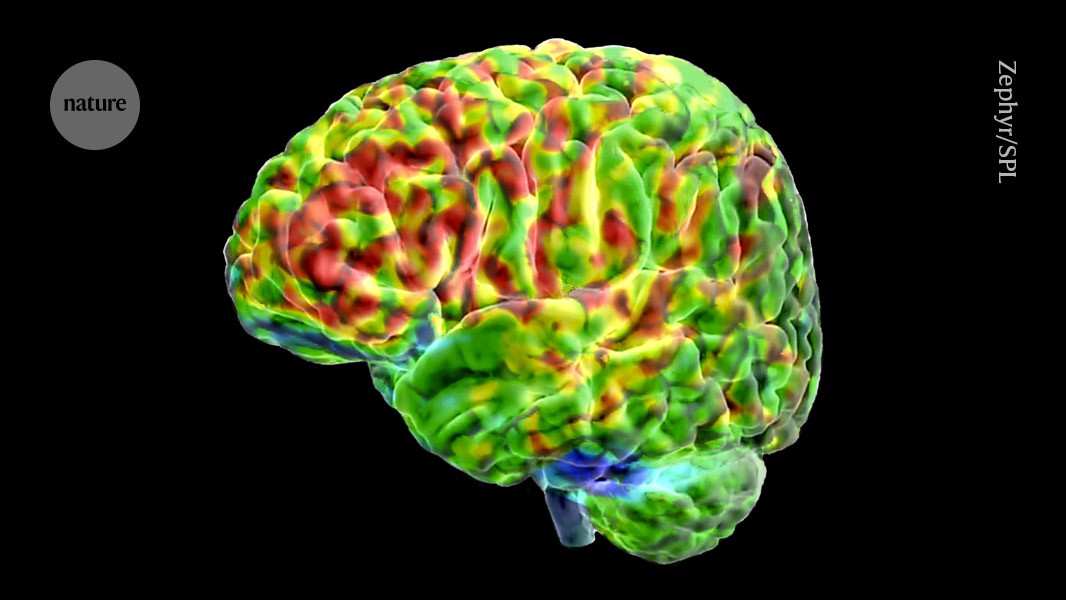fromPsychology Today
4 days agoWhen Legalization Meets Reality
In early February, Canadian researchers reported that rates of severe mental illness among young people have risen alongside increased access to high-potency cannabis (Callaghan, et al., 2022). Around the same time, a new book, A Killing in Cannabis (Kohn, 2024), revisited a 2019 California murder and highlighted how violence tied to the marijuana trade has persisted even after legalization. On February 9, 2024, an opinion piece from the New York Times editorial board
Mental health

